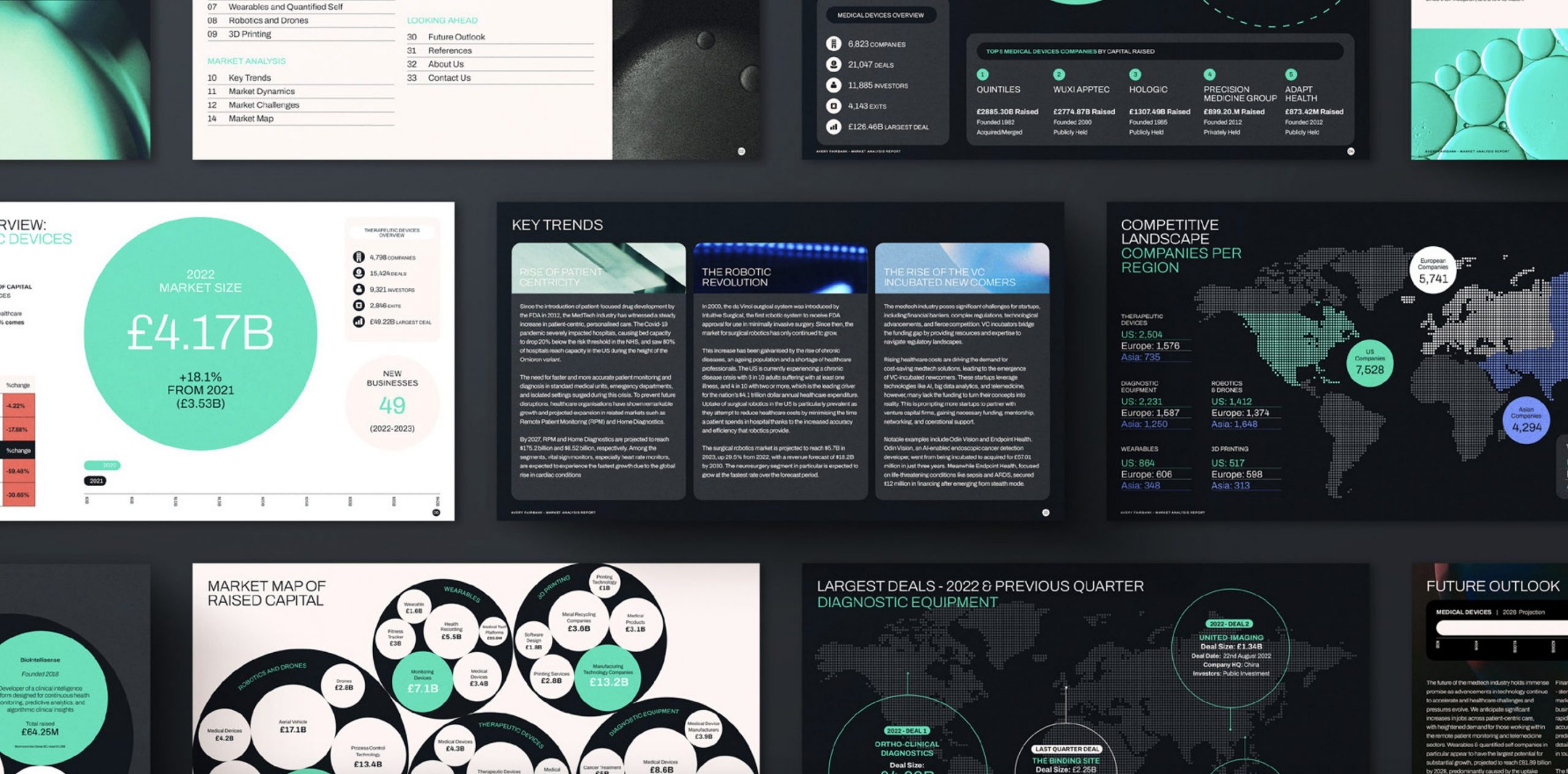November 30, 2023
The progress in human DNA sequencing and analysis has been remarkable since the inception of the Human Genome Project. With DNA sequencing becoming increasingly affordable, the genetic testing market is expanding rapidly, necessitating the use of Artificial Intelligence (AI) for efficient handling.
Advancements in Genetic Testing
Genetic disorders arise from mutations in the human genome. For diagnosis, geneticists need to identify the pathogenic variant responsible for the condition. Considering the human genome comprises about 3 billion base pairs, finding this variant can be akin to searching for a needle in a haystack. Initially, genome sequencing was a prohibitively expensive endeavour, costing $300 million for the first human genome draft under the Human Genome Project.
By 2006, the cost of sequencing a human genome dropped to an estimated $20-25 million. Fast forward to 2022, and the price has plummeted to approximately $200, thanks to advancements in technology. This drastic reduction in cost has spurred the growth of the Next Generation Sequencing (NGS) market, expected to grow annually by over 18% from 2022 to 2030, making genetic testing more widespread.
However, the challenge has shifted from sequencing cost to data analysis. As the volume of data increases, the interpretation of myriad variants, many of which are benign or of uncertain significance, becomes a bottleneck for laboratories. While data generation costs continue to decrease, the laborious and expensive task of pinpointing the pathogenic variant remains.
Utilising AI in Genetic Testing Interpretation
Artificial Intelligence (AI) is revolutionising the field of genetic testing by addressing the critical challenge of data interpretation. AI systems assist variant scientists by identifying and prioritising disease-related variants, significantly aiding in their analysis work.
AI algorithms, trained on extensive datasets, are adept at spotting variants associated with specific diseases. This capability is particularly beneficial for rare diseases, where AI-driven automated variant interpretation allows for the processing of larger data volumes. Furthermore, AI can provide insights into the pathogenicity of variants previously classified as uncertain, enabling more accurate and swift diagnosis and treatment by variant scientists.
Beyond interpretation, AI’s role extends to personalised treatment prediction. By examining an individual’s genetic profile, AI can determine the most effective treatment options, potentially reducing the risk of adverse reactions. It can even predict the optimal combination of treatments for a specific patient.
AI’s scope in genetic testing isn’t limited to diagnostics alone. It is increasingly being utilised for developing new treatments for diseases. AI algorithms sift through vast patient data sets to identify possible drug targets and effective treatments based on specific conditions. This approach is paving the way for the development of personalised treatments, tailored to an individual’s genetic makeup, offering promising prospects for enhanced disease management and cure.
Navigating the Complexities of AI in Genetic Research
While the prospects of AI in genetic testing are promising, the technology faces several challenges. One significant limitation is the quality of the data utilised. An AI algorithm’s effectiveness is directly tied to the data it processes. This presents a risk of inherent bias, particularly when the algorithms are developed by individuals with their own unconscious biases and perspectives. Additionally, the data used for training these algorithms might already contain biases, like underrepresentation of certain ethnic groups in existing research.
For AI tools to succeed in genetics, they need to gain trust and acceptance from both the scientific community and society at large. The adoption of AI in healthcare also involves navigating strict regulations and legal constraints, especially concerning genetic testing and the handling of personal genetic data. While AI harbours the potential to transform genetic testing, its application must be approached with diligence and awareness of these challenges.
Looking ahead, AI’s role in genetic testing is set to be transformative. AI algorithms offer the promise of more precise and personalised genetic testing outcomes. They hold the potential for identifying genes linked to specific diseases and traits and for developing novel treatments for a broad spectrum of conditions. As genetic research progresses, AI will undoubtedly remain a pivotal tool, reshaping genetic testing and advancing our understanding of genetics in healthcare.
The Best AI and Genetic Engineering Talent
To remain competitive as the biotechnology industry adopts AI advancements, it is imperative to draw in top personnel. Avery Fairbank connects exceptional professionals with top firms in these rapidly evolving industries through executive recruitment for biotechnology and artificial intelligence. Rely on our experience to identify the ideal fit for the unique needs of your team, solidifying your position as a leader in this quickly changing sector. Visit our website to see the possibilities with our executive search services. Please contact us if you have any specific questions or need solutions that are not off the shelf.

Published on 30-11-2023


